Three new firms and founders using innovative methods to stand out from the crowd
Meet trail-blazing entrepreneurs with an eye for opportunity. From a Philadelphia homeware shop-cum-hotel to bamboo-based manufacturing, we discover how thriving businesses are achieving their aims.
1.
The couple using bamboo to build in Sri Lanka
When Aoife O’Sullivan and Julien Bailly moved to Sri Lanka in 2019, they saw bamboo growing all over the island, planted years ago by the government as a potential cash crop but later abandoned. The pair planned to build a hotel with this renewable resource to appeal to eco-holiday enthusiasts. But after mapping out the island’s bamboo groves, they realised the plant’s potential. So they founded Una Gama, a factory and centre to kick-start Sri Lanka’s bamboo-based manufacturing. “We’re targeting developers, architects and designers – anybody who wants to work with bamboo and innovate with the material,” says O’Sullivan
Bamboo is 30 per cent cheaper and produces less carbon dioxide than concrete. “We realised that if we want to build with this material, somebody needs to tackle the supply chain and make it more efficient,” she says. Una Gama’s first factory (made from bamboo, of course) opens in central Sri Lanka at the end of 2024 and will produce construction-ready poles for hotels and residential projects.
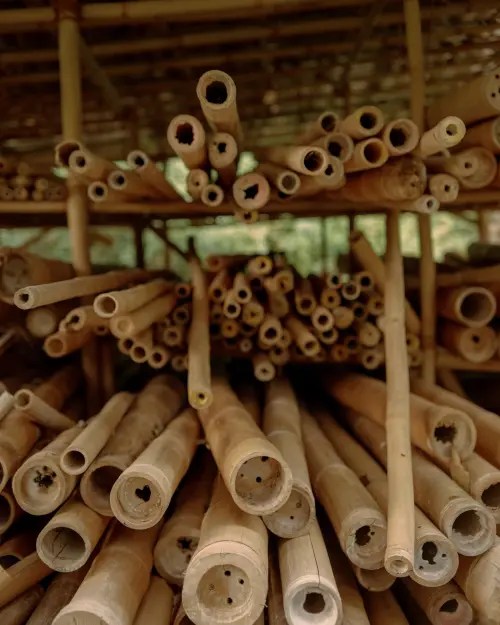
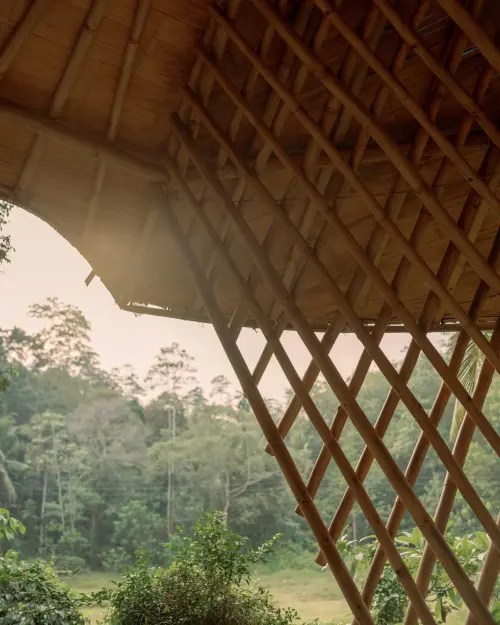
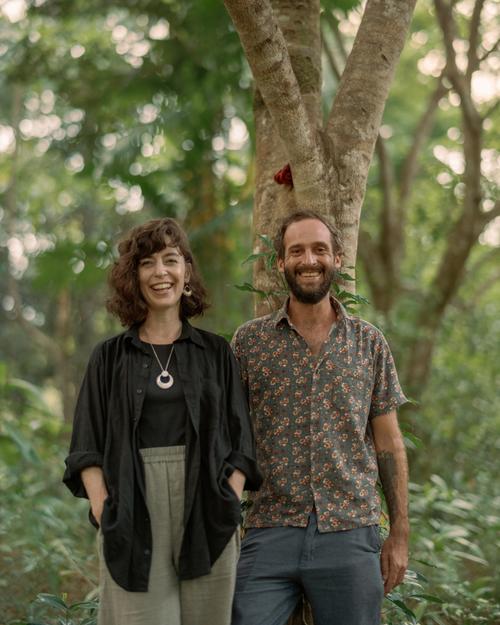
The couple still intend to make good on their dream of building a hotel but the project has taken a back seat for now. In the meantime, they are hopeful that other hoteliers in Sri Lanka will build with bamboo. “If you have a strong vision and a strong goal, there will always be an opportunity to pivot,” says O’Sullivan. “We’ve discovered a purpose that feels greater than us.”
unabambu.com
2.
Minh Ngo
Founder, Modern Metier
Vietnamese-Australian entrepreneur Minh Ngo founded Modern Metier as an online platform featuring contemporary European lighting, furniture and décor. Ngo’s marketplace highlights independent brands and designers working with local artisans. Having recently launched her own collection of furniture and décor with French designer Léa Zeroil, Ngo has transitioned from curator to manufacturer. She tells us why Modern Metier is less like a gallery than a publishing house.
Why focus specifically on European design?Having lived in Stockholm, London and Paris, where I’m currently based, I wanted to be able to focus on the local without limiting myself to only my French network. Keeping our attention on Europe allows my taste to be reflected in the selection but it also lets me cater to a wider customer base.
What is Modern Metier’s business model?
People like to compare Modern Metier to a gallery but I would describe it more as a maison d’édition. The idea is that we curate a list of new designers who align with our vision, while simultaneously having éditions that allow us to invest in a single designer and manage the [manufacturing] process. These are two very different activities but, as an entrepreneur, it’s rewarding to now do both.

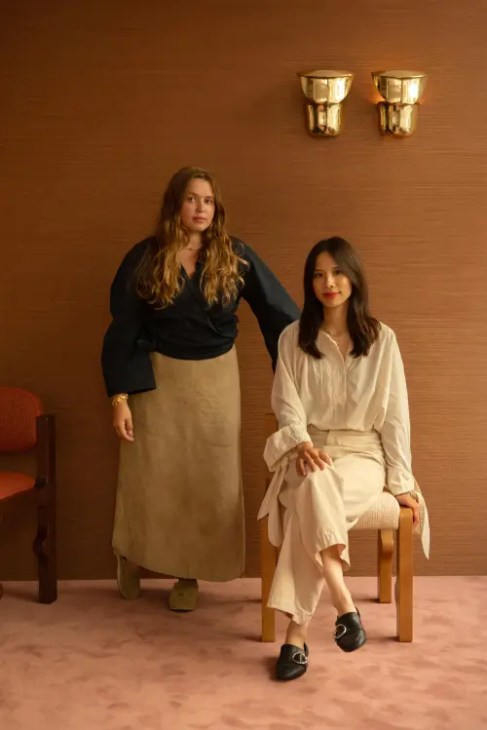
Can you share more about the process of creating the Léa Zeroil collection?
I never imagined that I would produce a collection. But sometimes an opportunity presents itself and you must seize it. I reached out to Léa because I wanted to represent her but, from our very first meeting, we decided that we should collaborate instead. Léa was the creative force and I acted more as an editor, providing a framework and guiding her with furniture quantities and what décor pieces to include. It took us about a year and a half to launch the collection in time for Paris Design Week.
modernmetier.com
3.
Shannon Maldonado’s expansion into hospitality helped to revive a neighbourhood’s creative legacy
When we speak to entrepreneur Shannon Maldonado, she is busy installing furniture and artworks at a new residential project in the Queen Village neighbourhood of Philadelphia. A consultant on the development, Maldonado moved her own business, Yowie, to the area in 2017, first as a homeware shop before adding a hotel upstairs last year. Her arrival has sparked an interest in this somewhat neglected corner of the city, attracting other small businesses and cafés to open here.

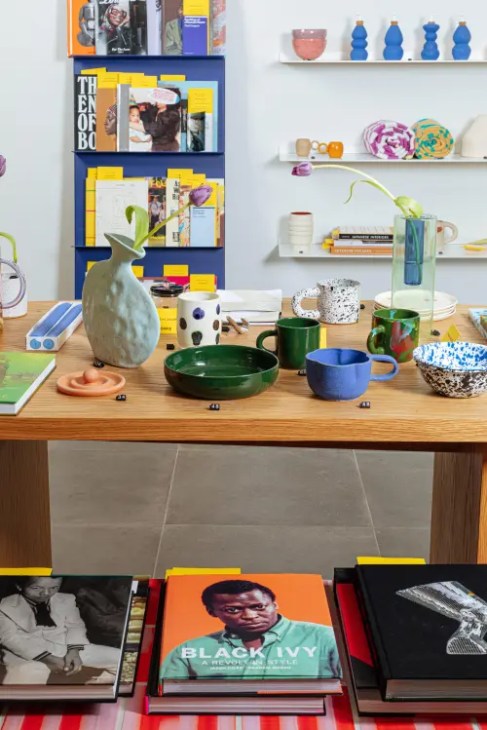
“South Street is a place I came to a lot as a teenager,” says Maldonado, who grew up in Philadelphia. “It was where I got my first crazy haircut.” She explains that she wanted to preserve the neighbourhood’s countercultural legacy. “It was good for us to put down anchor here and be a part of the next wave of culture because our brand is all about supporting artists and makers.”
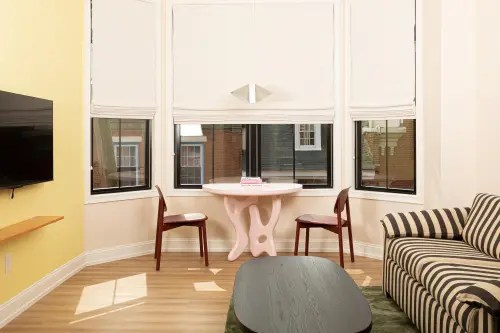
Maldonado worked in fashion before striking out on her own eight years ago. She launched Yowie as a website selling small-batch homeware before opening a dedicated shop in the neighbourhood, presenting pieces in a crisp palette of primary colours that popped in the otherwise minimalist white interior. Yowie’s momentum as a brand grew after Maldonado moved the shop to South Street. Before launching the hotel upstairs, she cut her hospitality teeth designing two other guesthouses, The Deacon in Philly and Dye House Hotel in Rhode Island, with Deacon Hospitality.
For Yowie Hotel, Maldonado has created 13 spaces that are more pieds-à-terre than conventional hotel rooms. The establishment’s roomy kitchens are stocked with handmade plates and ceramics. Everything you see is for sale, from the perky little lamps by San Francisco-based Gantri to the knobs on all of the fixtures by New York-based designer duo Chen Chen & Kai Williams. It’s a clever extension of the shop downstairs but also a platform for local talent. “I feel like I took the opportunity to trust my gut after being a creative designer for over 20 years,” says Maldonado. “This is the aesthetic that I believe in. Some people will get it and love it – and I’m also going to open other people’s eyes.”
helloyowie.com


